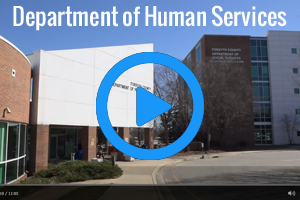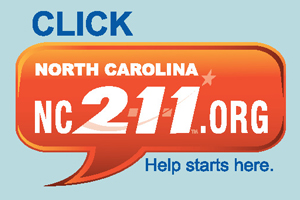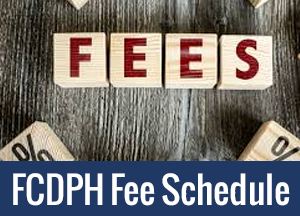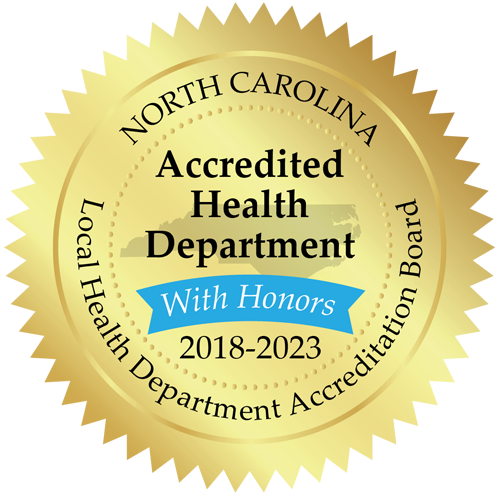
FROST is a team made up of caring representatives from our community. We have a comprehensive plan and are working together to build and maintain a continuum of substance use care that meets the needs of Forsyth County residents.
For more information, please contact:
Annie Vasquez, Health Educator, FROST Lead
Forsyth County Behavioral Health Services
201 N Chestnut Street, Winston Salem NC 27101
vasquead@forsyth.cc
336-486-0103 (cell)
336-703-3175 (office)
Our Next Meeting
The next FROST Meeting will be held April 19th, 12:30 to 2:30 pm. This meeting will be held virtually.
To join the meeting virutally, join on Microsoft Teams:
Microsoft Teams Meeting Link
Meeting ID: 274 586 864 990
Passcode: or3Nno
Please contact Annie Vasques at 336-486-0103 or vasquead@forsyth.cc to get online meeting access information
- Community Education and Prevention
- Offers community education about Substance Use Disorder, primary prevention, treatment, recovery, and overdose prevention
- Works with Maternal, Fetal, Child, and Adolescent subcommittee to serve Winston Salem Forsyth County Schools with education and prevention efforts and student support
- Meets virtually on the second Thursday of each month at 10:00am
- Harm Reduction and Infectious Disease
- Provides support and education for harm reduction efforts, Substance Use Disorder and infectious disease transmission prevention. Helps people connect to health resources and treatment and works on overdose prevention efforts
- Meets virtually on the second Wednesday of each month at 3:30pm
- Intervention
- Provides support and guidance for individuals who are justice system involved and those seeking treatment and recovery from Substance Use Disorder. Works to find ways to improve access to treatment and resources.
- Meets virtually on the fourth Tuesday of each month at 10:00am
- Maternal, Fetal, Child, and Adolescent
- Provides support for expecting and new moms, children and adolescents living with Substance Use Disorder (themselves or a loved one). Provides connections to treatment and other resources.
- Works with Community Education and Prevention subcommittee to serve Winston Salem Forsyth County Schools with education and prevention efforts and student support
- Meets virtually on the third Wednesday of each month at 11:30am
- Peer Support
- Provides support for those directly experiencing the effects of Substance Use Disorder: people who use drugs, people in recovery, family members and loved ones of people with Substance Use Disorder. Works to lead our community in finding ways to support these people
- Meets virtually on the third Thursday of each month at 4:00pm
Annie Vasquez, Health Educator, is available to train in overdose awareness and Naloxone use. Please call 336-486-0103 or email vasquead@forsyth.cc to schedule your training.
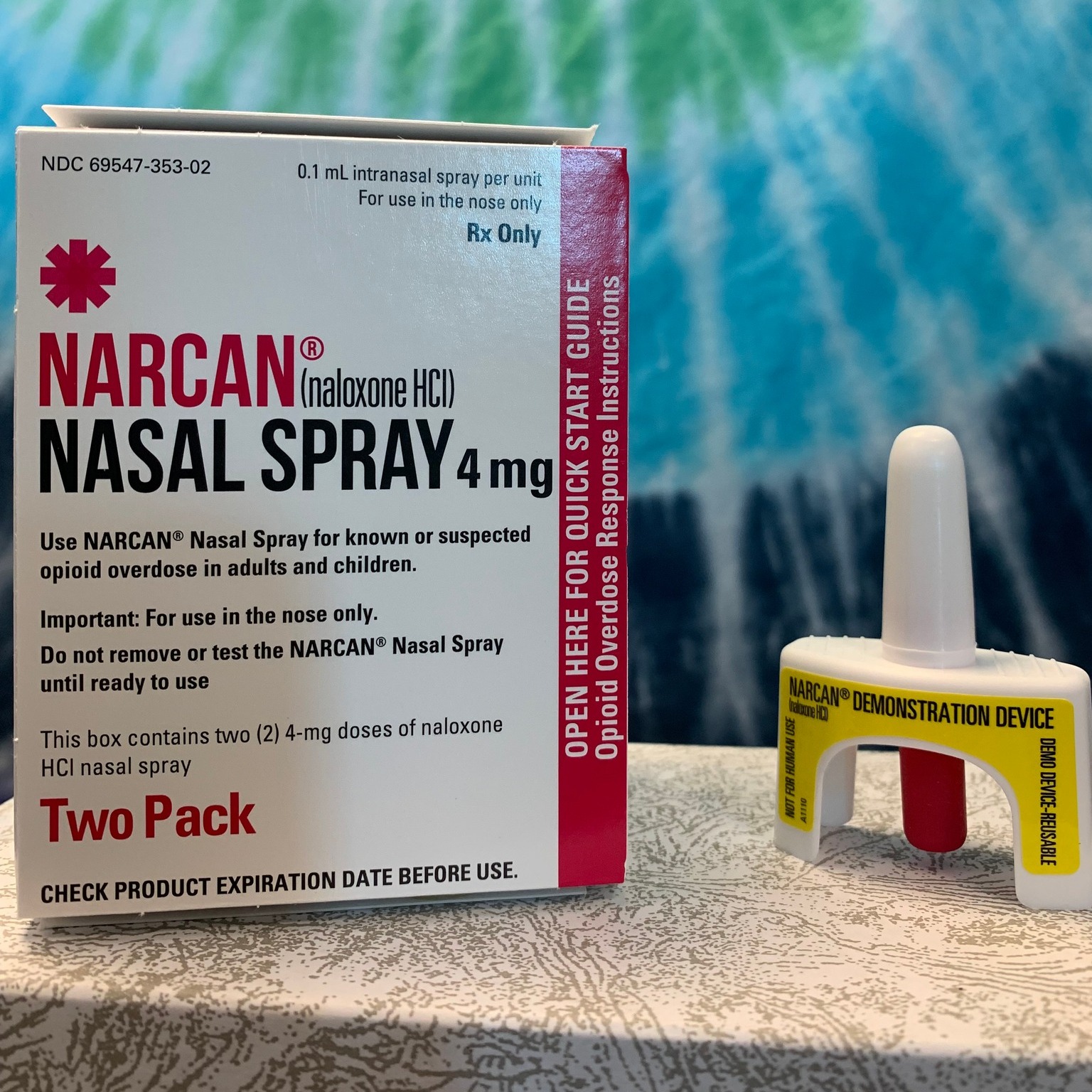
What is Harm Reduction?
Harm Reduction is grounded in justice and human rights and refers to a variety of services that help to reduce negative health, legal and social impacts that can be associated with drug use, laws and policies, while working to also protect public health. Unlike abstinence based approaches that insist that individuals stop using drugs, a Harm Reduction approach says that we understand that not all people are willing or able to abstain from drug use and therefore does not use abstinence as a precursor to whether or not someone should receive help and support.
Some examples of Harm Reduction in relation to drug use are:
- Syringe service programs
- Overdose prevention and reversal education
- Naloxone (Narcan) access
- Outreach and peer education to reduce the risks associated with drug use
- Referrals to substance use treatment
- Advocacy for people who use drugs (PWUD)
- HIV/HCV/STI testing and referrals
What are Syringe Service Programs?
Syringe service programs (SSPs) became legal in North Carolina on July 11, 2016 under NC General Statute 90-113.27. There are currently around 38 SSPs operating across the state of North Carolina. SSPs operate under a Harm Reduction and public health framework and are promoted by the CDC and surgeon general as an evidence based approach to disease prevention.
In order to operate an SSP in the state of North Carolina the program must register with, and annually report to, the North Carolina Department of Public Health. Programs must also distribute their security plan to police and/or sheriff’s departments that hold jurisdiction over the counties in which the program is operating. These plans must be reviewed, updated and redistributed on an annual basis. Under North Carolina law, all employees, volunteers and program participants are granted limited immunity from being charged with possession of syringes or other injection supplies. This includes supplies that may contain residual amounts of controlled substances that are intended to be returned to the program for proper disposal. Verification of program participation is verified in writing in the form of a participant card or other documentation.
Frequently Asked Questions about Syringe Service Programs
Twin City Harm Reduction Collective: Winston Salem NC
Here in Forsyth County, Twin City Harm Reduction Collective (TCHRC), officially opened their doors in December of 2016. TCHRC provides sterile injection equipment, Narcan, hygiene and wound care items, safe sex supplies, sharps containers, fentanyl test strips and free STI/HIV/HCV testing and referrals. They also help connect their participants to substance use treatment and to a variety of other community resources (medical clinics, housing support, food and clothing, etc). Their services are available both at their fixed site and via their mobile unit, which they also use to distribute sleeping bags, tents, and clothing to folks experiencing homelessness in our community. TCHRC has partnered with many other organizations over the years such as local homeless shelters and treatment centers to provide them with Narcan kits and overdose reversal training for staff members and they also work closely with the local health department. Twin City Harm Reduction currently partners with the Forsyth County Public Health Department and the North Carolina Department of Health and Human Services to receive technical assistance, funding for supplies, as well as media and administrative assistance.
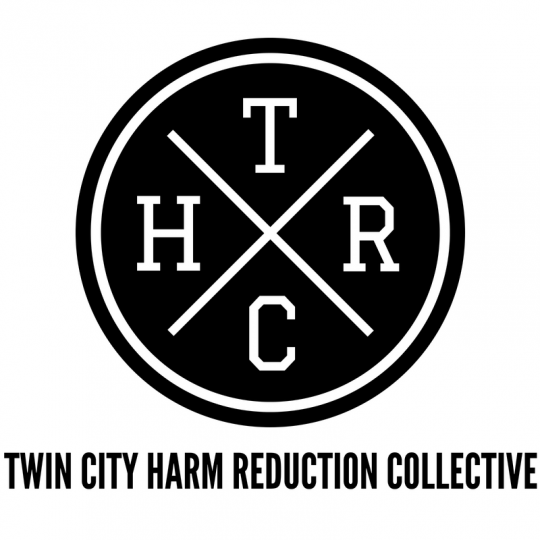
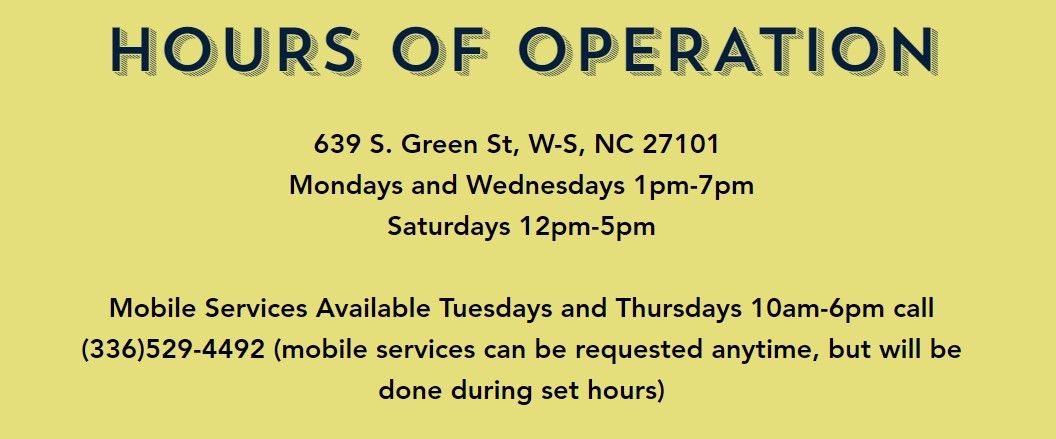
2020 Snapshot for Twin City Harm Reduction Collective:
- Collected over 118,300 used syringes for proper disposal
- Linked 17 people to treatment
- Distributed 2,280 Narcan kits
- Had 514 overdose reversals reported
The Resource Map is a new online interactive map and database with locations and contact information for a variety of resources including substance use treatment, educational resources, food and clothing, housing and financial assistance, mental health support groups and more.

